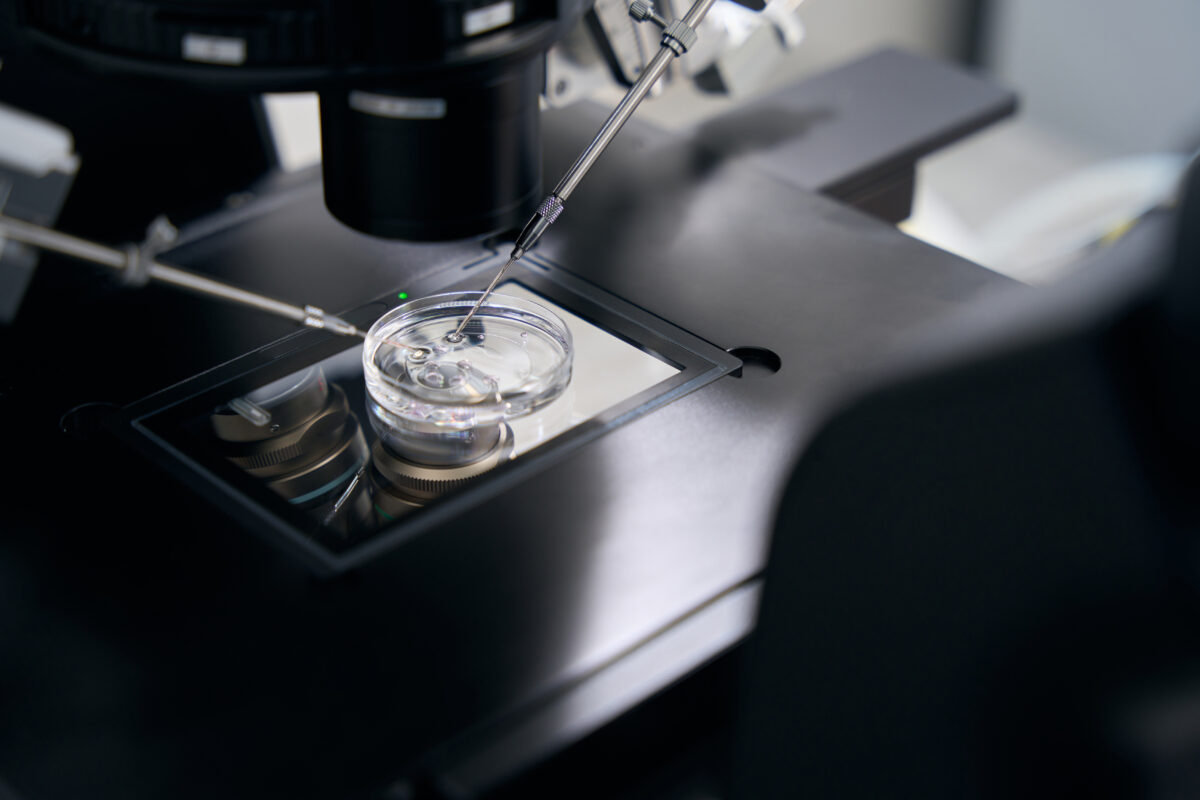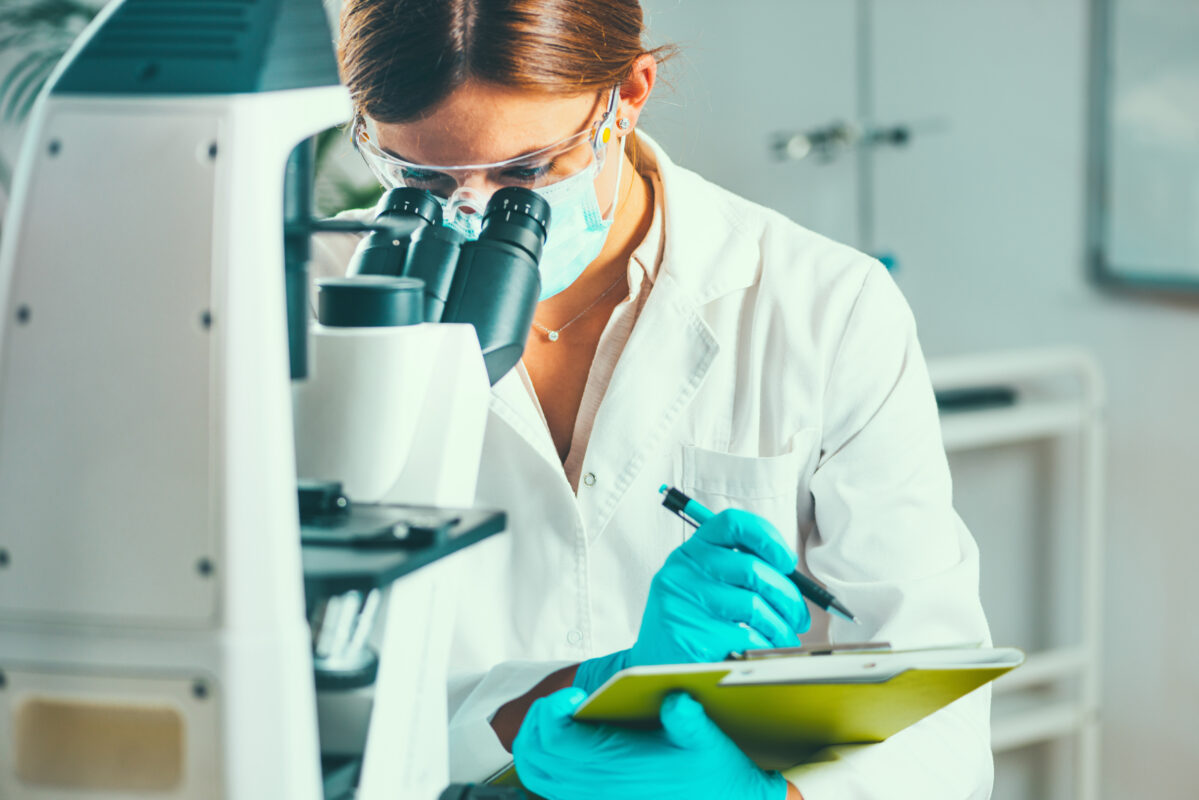On the road to parenthood, many couples face challenges that require advanced medical solutions. Technology has advanced enormously in the field of assisted reproduction, and one of the most innovative and significant procedures is the preimplantation genetic test (PGT).
This test offers people who are using in vitro fertilization (IVF) techniques the possibility of selecting embryos with greater potential for a healthy pregnancy.
PGT not only represents a breakthrough in reproductive science, but it also provides families with a powerful tool to reduce the risk of passing on genetic diseases and improve success rates in fertility treatments.
What is preimplantation genetic testing (PGT)?
Preimplantation genetic testing is a procedure that is performed on embryos created through in vitro fertilization before they are transferred to the uterus. Its main purpose is to detect genetic or chromosomal alterations in embryos, allowing doctors to select those that have the best prognosis for a successful pregnancy.
There are several types of PGT, each designed to identify different types of anomalies:
- PGT-A (aneuploid analysis): This test is used to detect chromosomal abnormalities in embryos, such as the presence of an abnormal number of chromosomes, which could lead to miscarriages or genetic syndromes such as Down syndrome.
- PGT-M (for monogenic): This type of test looks for specific mutations in genes associated with inherited diseases, such as cystic fibrosis or sickle cell anemia.
- PGT-SR (for structural rearrangements): This test detects chromosomal rearrangements, such as translocations, that can affect the viability of the embryo.
How is the PGT performed?

The PGT process takes place in several stages, starting with obtaining the embryos through an IVF cycle:
- Ovarian stimulation and egg collection: The woman receives medication to stimulate the production of eggs, which are then collected and fertilized in the laboratory with the man’s sperm.
- Embryo culture: The resulting embryos are cultured in the laboratory for a few days, usually until day 5 or 6, when they reach the blastocyst stage.
- Embryo biopsy: At this stage, a small sample of cells is taken from the embryo. This process does not harm the embryo and the extracted cells are genetically analyzed.
- Genetic analysis: Biopsied cells are examined for genetic or chromosomal abnormalities. This analysis can take several days, depending on the type of test performed.
- Embryo selection and transfer: Once the healthiest embryos are identified, one or more of them are selected to be transferred to the woman’s uterus.
When is it advisable to carry out a PGT?
PGT is especially recommended in specific situations, such as:
- Family history of genetic diseases: If one or both parents are carriers of known genetic mutations, PGT-M can help prevent the transmission of these diseases.
- Advanced maternal age: Women over the age of 35 are at increased risk of chromosomal abnormalities in embryos, so PGT-A may be beneficial.
- Recurrent miscarriages or failures in previous IVF: Couples who have experienced recurrent gestational losses or several failed IVF attempts can benefit from PGT to improve their chances of success.
- Desire to select the sex of the baby: In some cases, PGT is used to select the sex of the embryo for medical or personal reasons.
Preimplantation genetic testing offers multiple benefits, such as increasing successful pregnancy rates and reducing the risk of miscarriages or births of babies with serious genetic diseases. However, it is important to note that PGT cannot guarantee a successful pregnancy, as implantation and embryo development depend on many additional factors.
It is critical that you consult with your doctor to fully understand the implications of PGT and make an informed decision.
Preimplantation genetic testing is an advanced tool that offers couples undergoing fertility treatment the opportunity to maximize the chances of a successful pregnancy and reduce the risk of genetic diseases.
At Fertivida, we are committed to offering the most advanced techniques and the necessary support so that each couple can achieve their dream of forming a healthy and happy family. If you have questions or are considering IVF, we invite you to consult our services and receive the expert support you deserve.





